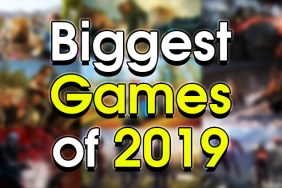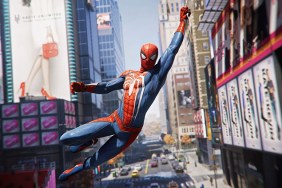There has been a common gripe levied at the many forms of popular media today. That gripe is about the fanboy’s outright hatred towards the remake/reboot. For movie fans, it’s the comic book character that has taken three reboots to get right (The Hulk), or the awesome classic tarnished by a remake (Tim Burton’s Planet of the Apes). For television, it’s the reality show that started as a cultural phenomenon milked to death by laziness, scripting, and typecasting (Survivor).
Fortunately for video game fans, the remake/reboot is a different kind of experience. Because games don’t usually feature physical actors, an aging protagonist doesn’t effect the plot (unlike Harrison Ford in Indiana Jones and the Crystal Skull). Instead, game developers can feature a central character who never has to age (Mario and Luigi’s mustaches should be grey by now). And, if they are lucky enough to not need voices in their games, developers have yet another advantage.
What this means for game developers is that as long as the series is making money, there’s no reason to stop making sequels to the game. If the series has a strong narrative then the games act more like individual episodes of a good HBO series instead of a one-off novel. As we already have seen, the developers can put out a new episode every year and gamers will pick it up like an annual subscription — as an aside, I’m kind of surprised that Call of Duty and Madden haven’t put out two editions per year rather than just one.
What this means for gamers is two-fold. First, we’ll be stuck in a cycle of buying new editions of a game forever. For EA Sports fans, they’re likely already in this cycle. Second, gamers can follow the story of a game for almost their entire life. Theoretically, if a game is good enough, we could be playing in that universe for decades to come. Even after the original developers are dead and gone, we can still enjoy the universe that they’ve created.







